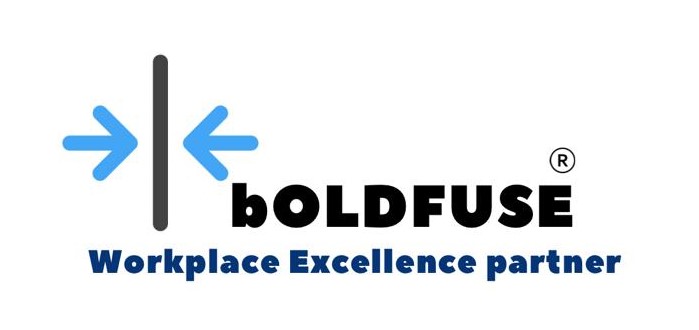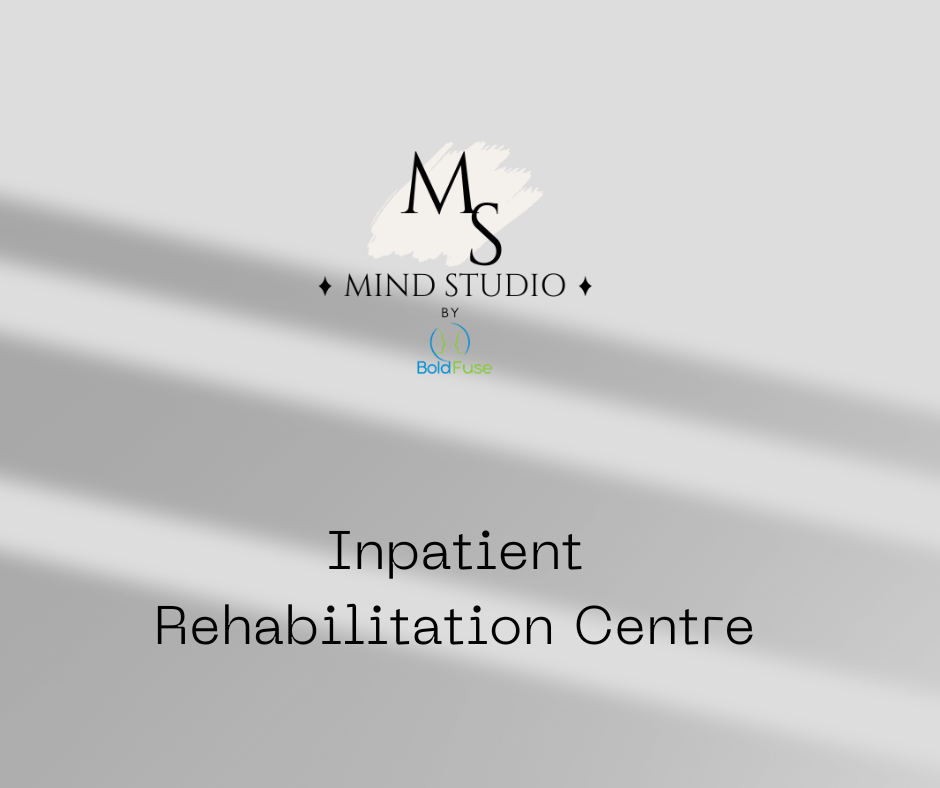De-addiction Services
De-addiction services encompass a range of treatments and support systems aimed at helping individuals overcome addiction to substances such as drugs or alcohol, as well as behavioural addictions like gambling or internet addiction. Here are some common types of de-addiction services. These services can be tailored to meet the individual needs of each person seeking help for addiction, and a combination of approaches is often most effective in supporting long-term recovery.
In recent years, there has been a growing recognition of the need for innovative and comprehensive approaches to addiction treatment. Overall, the field of addiction treatment continues to evolve, with an increasing focus on holistic, evidence-based, and personalized approaches to support recovery and improve outcomes for individuals struggling with addiction.

















